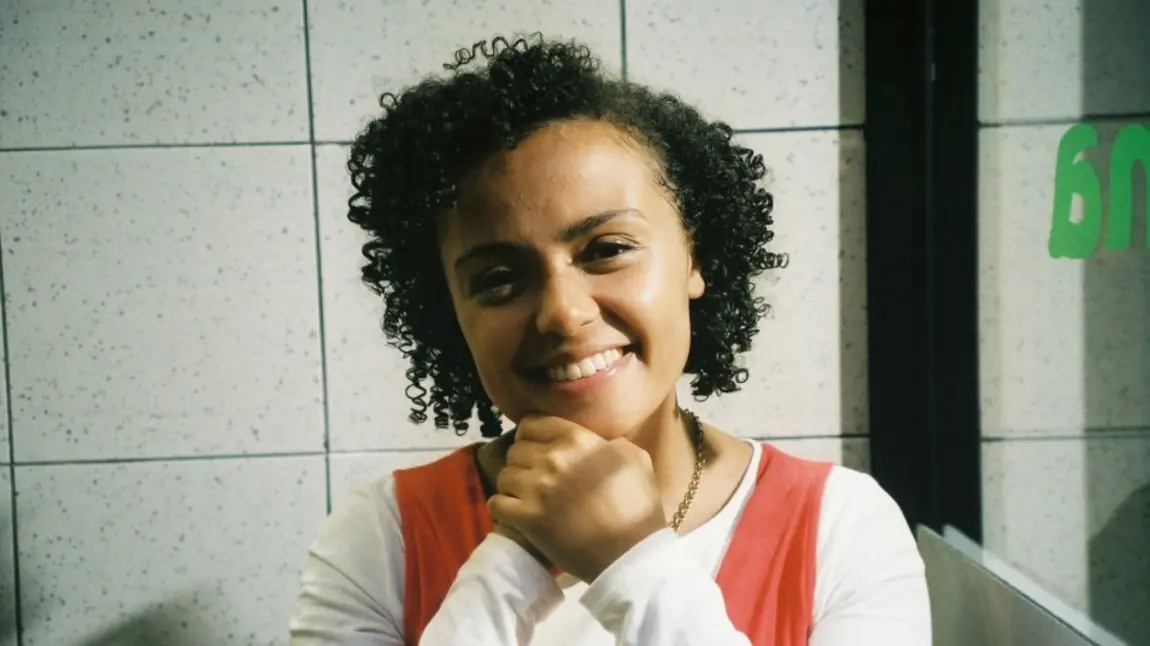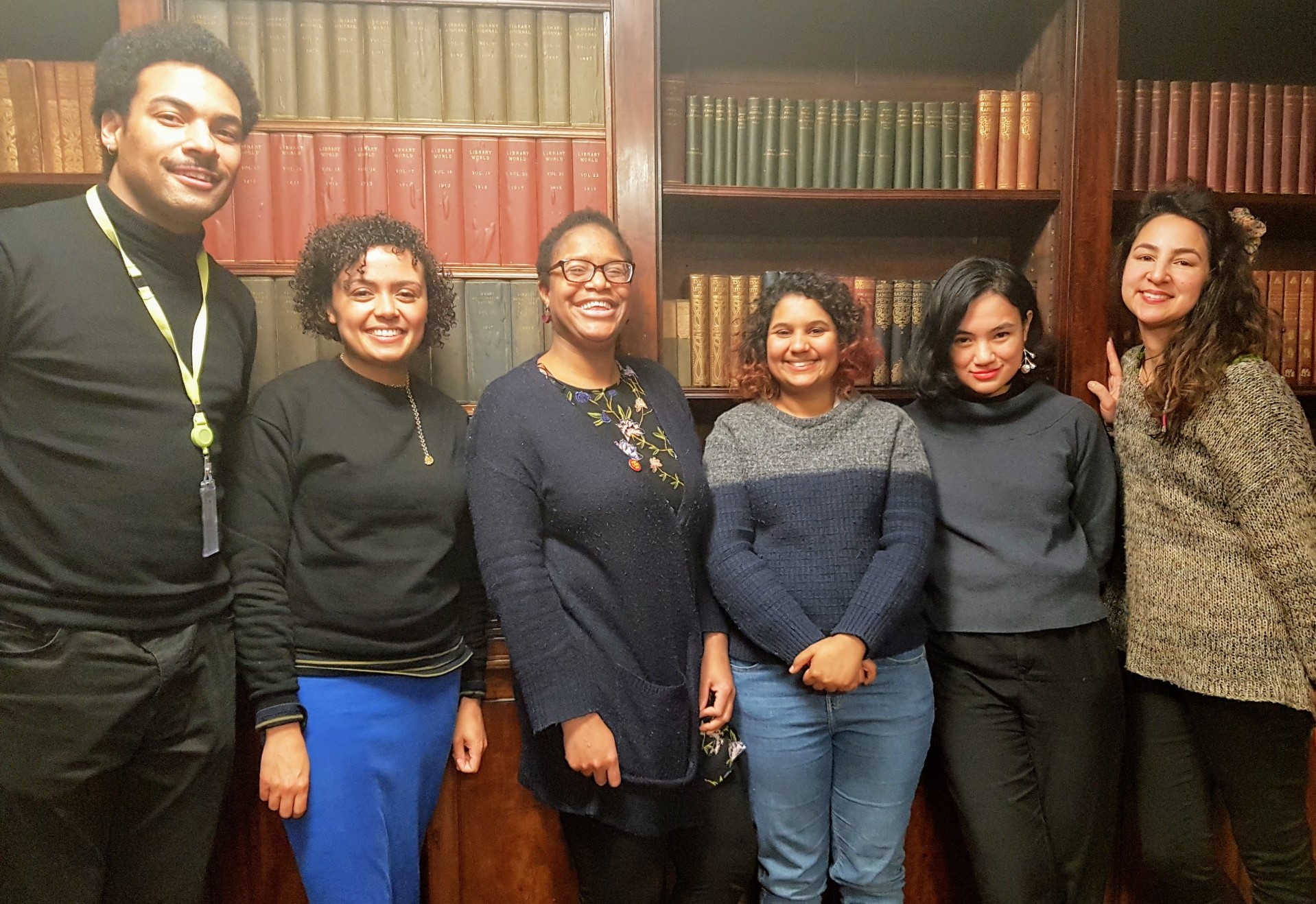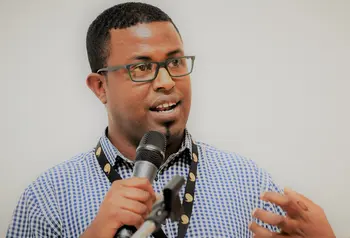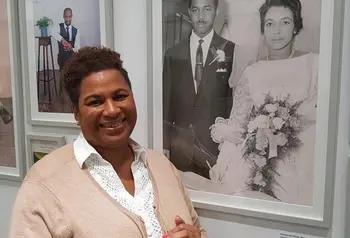Finding 'a home' in the heritage sector

It’s Black History Month, that time of year when we claim space to celebrate the heritage of our African and Caribbean communities. For me, it sparks reflection. I find myself looking back and forward.
I often return to considering my experience as a black person working in heritage. We are a sector that does not represent the communities we serve. For example, it was recently found only 5% of museum staff are of Black, Asian and Minority Ethnic (BAME) backgrounds.
I got my first heritage sector job in 2013. I was part of the Strengthening Our Common Life (SOCL) traineeship, supported by The National Lottery Heritage Fund and run by London-based charity Cultural Co-operation.
"I was there to challenge under-representation and champion communities. This was not business as usual."
- Antonia
It was a 12-month, Living Wage-paid placement with heritage organisations across the UK. No experience in the sector was needed. Applications were targeted at young adults of BAME backgrounds and working-class roots. All appointments were made on merit.
I made up the programme’s second year, and found myself in a cohort of driven, talented individuals - all of diverse backgrounds, all ready to make a difference. Those 12 months were packed with learning, solidarity and occasional imposter-syndrome panics.
I was given a clear objective, agreed with my host organisation, to do things differently. I was there to challenge under-representation and champion communities. This was not business as usual.
Supporting each other
The work could be hard. I often felt isolated and ill-equipped. But, surrounded by my fellow trainees, I was able to thrive.
"It was openly acknowledged that we were working in predominantly white, middle-class spaces, and that this would be demanding."
A key part of the programme’s design was to bring trainees together and nurture a supportive group. It was openly acknowledged that we were working in predominantly white, middle-class spaces, and that this would be demanding. So we visited each other, we ran group sessions, we had each other’s backs.
I graduated the programme in 2014. Since then, SOCL has rebooted to the New Museum School, led by Culture&, and continues to drive change in developing diverse young professionals, ready to take the sector by storm.
A place to feel connected

But, for all of us, the programme has to eventually end. I kept the learning, stayed in touch with my cohort and even got another heritage job. But I missed the support, and when I joined The National Lottery Heritage Fund and stepped back into heritage, I knew I needed to somehow find that group of like-minded peers again. Enter Museum Detox.
A movement of change and a lifeline to many. Museum Detox is a DIY, volunteer-run network for people of colour working in heritage. Since its founding in 2014, it’s now 200+ members strong and a critical mass to be reckoned with. It’s been a home for me, a place to seek support, get advice and just feel connected.
Like the SOCL programme, like Black History Month, it’s a dedicated space, unapologetic in naming inequalities and making change.
Taking the lead
But, what does this all mean to The National Lottery Heritage Fund and the work we do?
We have a new mandatory outcome for all projects, that a "wider range of people are involved in heritage". This is an essential tool for change. Now, our funding has to work harder and do more. It applies to visitors, volunteers and staff – we’re looking for meaningful engagement and representation across the board.
And for me, it’s representation that really matters here.
If we want the heritage sector to work differently, we need leadership from those with first-hand experiences of exclusion. It takes work, it takes investment, but the impact is magic. I can’t wait to see our projects take the lead.
Interested in running a project?
Find out more about what we fund, and read Milton Brown's top tips on applying.


